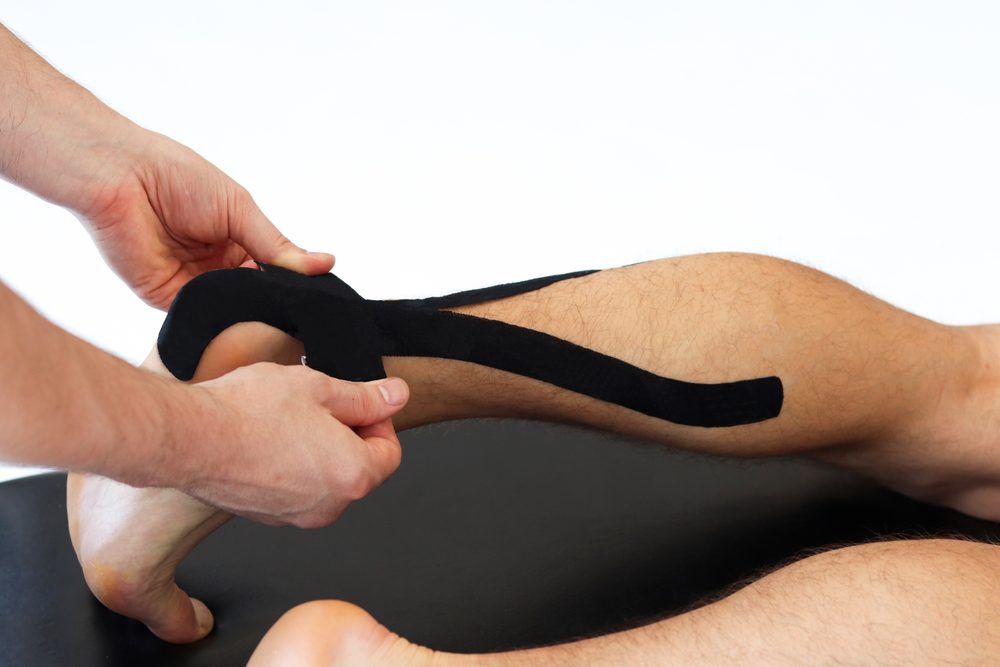Foot specialists are healthcare professionals dedicated to the diagnosis and treatment of conditions affecting the foot, ankle, and related structures of the leg. When you experience pain or injury in your Achilles tendon, the large tendon connecting your calf muscles to your heel bone, these specialists have the specific training to help. Understanding their role is the first step in addressing your Achilles tendon concerns. Here is more information about Achilles tendon treatment:
Performing Examinations
To properly diagnose an Achilles tendon issue, a foot specialist typically begins with a thorough physical examination. They may feel swelling, tenderness, or any issues, such as thickening of the tendon. You may be asked to walk, stand on your toes, or perform specific movements to evaluate your range of motion, strength, and the location of your pain.
This initial hands-on assessment provides valuable information about the condition. When a more detailed view is required, imaging technology can be employed. X-rays are a practical tool for viewing the bones of the foot and ankle. While they do not show soft tissues like tendons, they help rule out other potential causes of heel pain, such as bone spurs or fractures.
For a direct look at the tendon itself, your specialist might recommend a 3D CT scan. This advanced imaging technique produces detailed cross-sectional images, enabling specialists to assess the extent of tendon damage or degeneration precisely. Ultrasound imaging may also be utilized to assess the Achilles tendon in real-time, providing valuable insights into tendon movement and integrity during motion.
Treating Achilles Tendonitis
Achilles tendonitis is a condition characterized by inflammation of the tendon, resulting from overuse. It typically causes pain and stiffness along the back of the leg, near the heel. A foot specialist can diagnose this condition and recommend a course of action to manage the inflammation and pain. Treatment may begin with conservative methods aimed at reducing strain on the tendon and allowing it to heal.
Addressing Insertional Achilles Tendonitis
Insertional Achilles tendonitis is a specific type of tendonitis that occurs where the tendon attaches to the heel bone. This condition may involve the development of bone spurs, which can cause additional irritation and pain. A foot specialist can evaluate the attachment point to determine the right course of action. Treatment for this variation of tendonitis addresses both the tendon inflammation and any associated bony growths.
Developing a Treatment Plan
Following a diagnosis, a foot specialist will develop a personalized treatment plan. They design this plan to address your specific symptoms and help you return to your daily activities. A comprehensive plan typically includes multiple components:
- Anti-inflammation medications: Nonsteroidal anti-inflammatory drugs (NSAIDs) may be recommended to help reduce pain and swelling.
- Therapy: Physical therapy is a key part of recovery. A therapist can guide you through exercises to improve flexibility and build strength in the calf muscles and Achilles tendon.
- Supportive footwear: Your specialist may suggest changes to your footwear. This could include wearing shoes with better cushioning or using orthotic inserts for support.
Schedule a Foot Specialist Visit
Dealing with Achilles tendon pain can be a persistent challenge that interferes with your mobility and quality of life. A foot specialist has the expertise to properly diagnose your condition and create a structured plan to manage it. By working with a professional, you can gain a clear understanding of your injury and the steps needed for recovery. If you are experiencing pain or stiffness in your Achilles tendon, contact a local foot specialist to schedule an appointment.

